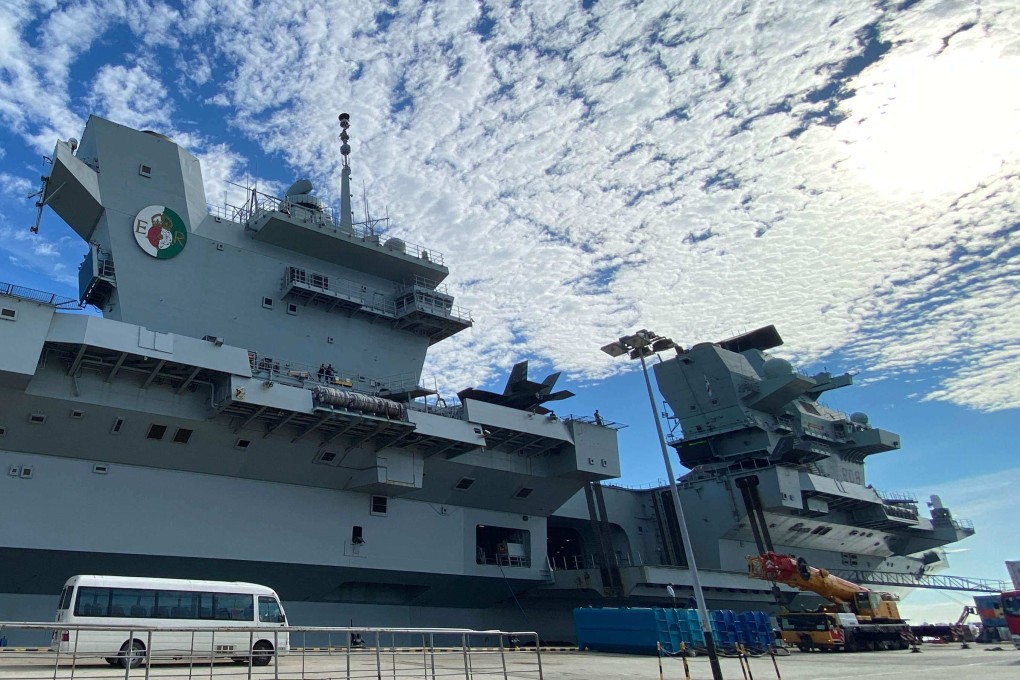Letters | Britain should seize Indo-Pacific moment to reclaim its global standing
- Britain has lacked a cohesive long-term strategy as it tries to rebuild its soft power
- In addition to existing security agreements, London should explore new strategic pacts and the possible creation of an Asian Nato

The Indo-Pacific remains the United Kingdom’s new frontier in its effort to increase its global soft power and enhance its hard power projection. Given the shifting security climate and increasing traditional threats in the region, reinforcing Britain’s deterrence and offensive capabilities is a paramount concern. With an estimated 225 nuclear warheads, Britain finds itself scrambling to fortify its nuclear capacity for both deterrence and second strike.
China’s increasingly dominant behaviour and the deteriorating security climate in the region are seen as a major threat. However, Britain has so far lacked a cohesive, resilient long-term strategy for containment and deterrence.
The decades-old Five Power Defence Arrangements is the most logical candidate for an upgrade to a future Nato-like alliance in Asia, one in which Britain could still hold a significant leadership role. This is in contrast to potentially joining the Quad security grouping, which would be a more complex proposition.